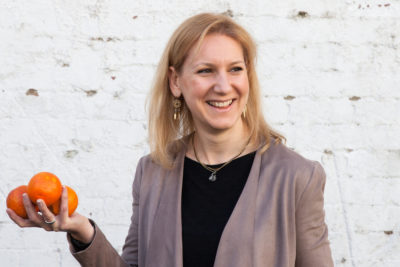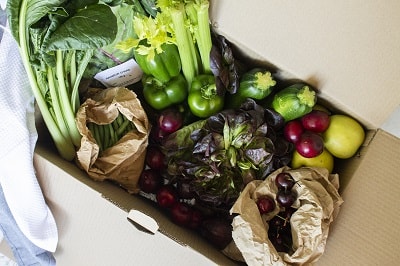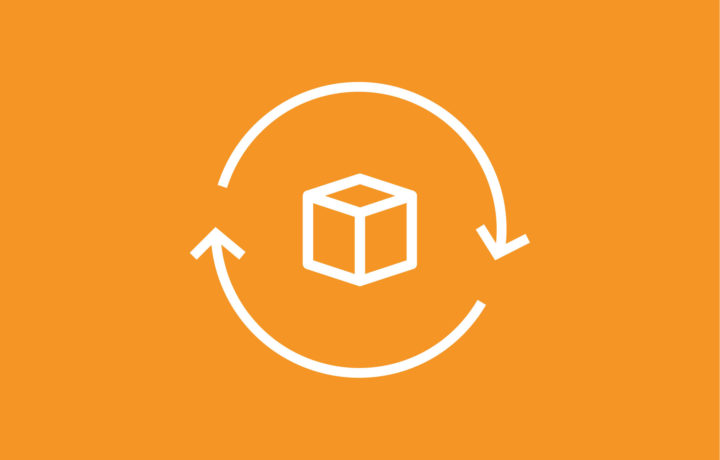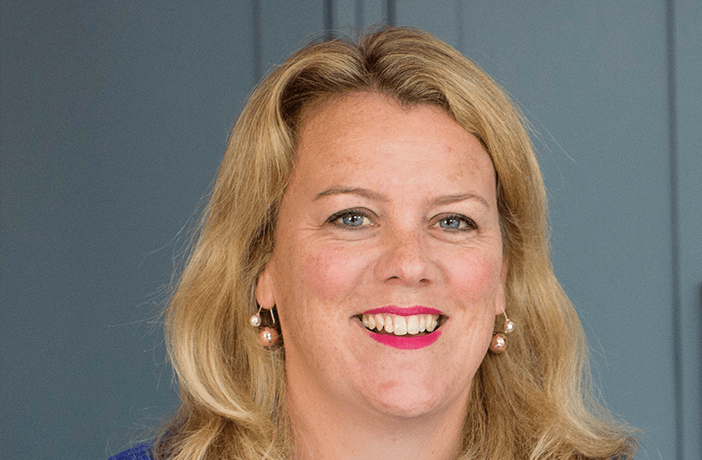Suppliers
Oddbox looked at its supply chain to meet demand for fresh veg

When Oddbox – a wonky veg subscription box brand – got a 400 per cent increase in orders, the first thing it did was close its website. The next step was to reach out to its supply chain.
Demand went up so dramatically at the start of the coronavirus crisis that Oddbox had to shut down phone lines and the website to ensure it could cope with a backlog of orders. This gave founders Emilie Vanpoperinghe and Deepak Ravindran breathing space to work out what to do next and how to meet demand in a scalable, sustainable way.
Work closely with your logistics partners
“We set up a squad-type process with partners, marketing, sourcing and operations team members,” said Emilie. “There was too much frenzy in the beginning. If we couldn’t plan properly, it would compromise on our quality. We worked together to see how we could better forecast demand and make sure we could maintain our service levels.”
As well as upping its own capacity, Oddbox made sure suppliers were able to scale up too, hiring staff and training them fast. One delivery partner brought on 25 additional drivers to meet demand and a packing supplier tripled capacity by adding two new lines.
“It’s been essential to balance taking on new customers with maintaining the quality of service. We know we have to maintain high service levels to retain our customers.”
Go further down the food chain than usual

Oddbox then reached even further down the supply chain to see how the farmers and growers were faring. It found that because supermarkets were rationalising product lines, there were shortages in some categories and a surplus in others. In response, Oddbox changed the mix of vegetables in its boxes to make sure food wasn’t going to waste.
Those changes and the lack of demand from restaurants meant the businesses in its ecosystem could sustain the increase in demand. Emilie and Deepak have used this new insight to plan for the future and protect their supply chain further, hiring two specialist consultants to help them expand their range of growers.
Have you made some changes to the way you lead your business? How are you communicating with the team? We’d love to hear about your experience. Here’s how.


